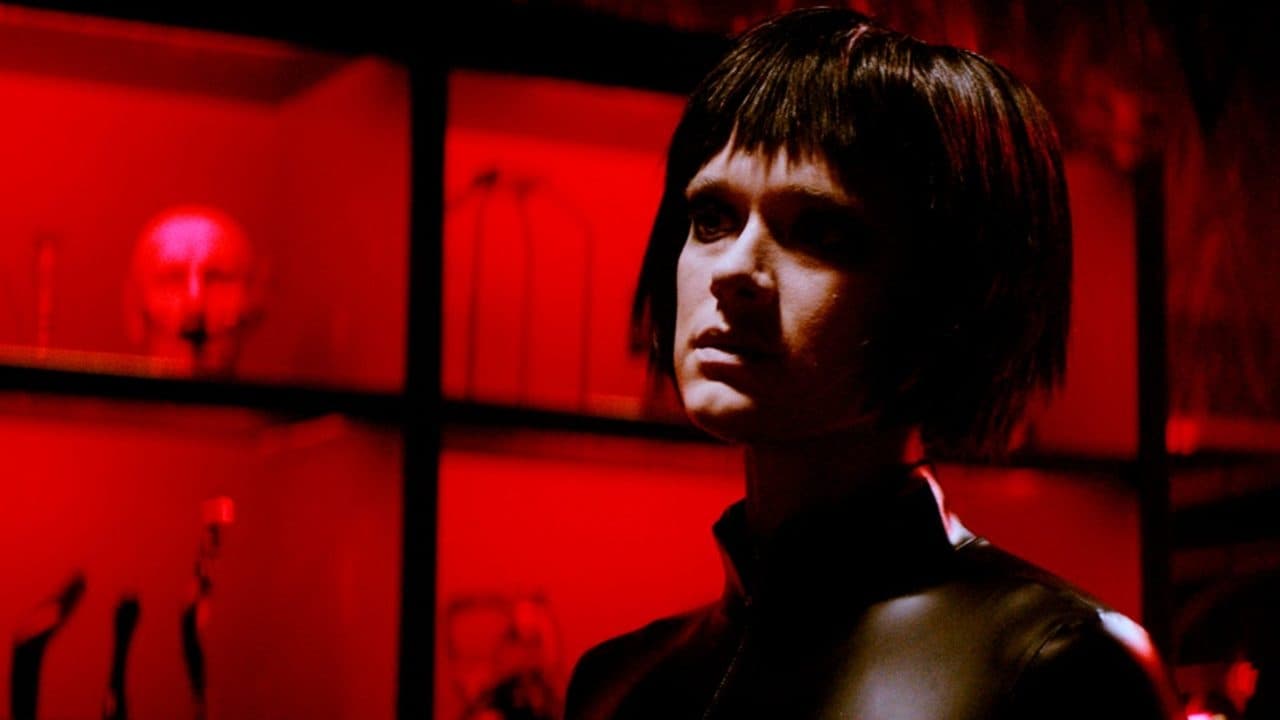Discreet indulgence of hidden desires can lead one down a dangerous path, as is the case in J-P Valkeapää’s Finnish drama Dogs Don’t Wear Pants. The film follows widowed father Juha, as he finds himself emotionally distant as he raises his daughter Elli alone. When a chance encounter with Mona, a dominatrix, brings him closer than ever before to feeling something again, he enters the world of BDSM.
Wear and Tear: A tone of bittersweetness stretches through Dogs Don’t Wear Pants. It contains excellent performances from Krista Kosonen and Pekka Strang at the core of the narrative, who play the Mona and Juha respectively. The plot unravels a story about a man who acquires an unanticipated yet motivational association with a dominatrix after being immobilized emotionally by the tragic death of his wife, and the more sordid and severe their rendezvouses become, a more thorough awareness of their emotional necessities commence taking shape. The focus of attention within the film means that it’s not absent from several explicit and challenging images, and one particular scene in a hallway is particularly stomach-churning, but Valkeapää keeps away from looking lasciviously at its events and stays within the limits of the themes of awareness and salvation, which are at the heart of the movie.

Say When: The film contains detailed attention in its sound design as well as taking care that its characters are multi-layered, and Kosonen contributes a considerable amount to her role as Mona. This film carries itself uncompromisingly but is loaded with life-affirming optimism. Its focal point is centered on a middle-aged person, especially one with past trauma, finding that balance between putting themselves first versus loved ones. And this movie does not shy away from showing the effects through the eyes of those loved ones.

Pleasure or Pain: Protagonist Joha finds release and catharsis through exploring BDSM, but the film also weirdly seems to think this has to come at the expense of his career and his relationship with his daughter, although the latter plot thread is frustratingly dropped towards the end of the film. The film’s other important character, prodomme Mona, is given very little backstory or detail that would make her arc convincing, and in a movie that seems to think it’s progressive, that can comes across as retrograde. She’s the same enigmatic sex worker with poor boundaries that seems to fall into a trope that has repeatedly occurred within the history of cinema. In Dogs Don’t Wear Pants, she falls for a customer, doesn’t seem to mind being stalked, and gives out sexual favors for free–except this time, she’s wearing latex and enjoys suffocating people.
With an interesting albeit bizarre subject matter, Dogs Don’t Wear Pants is likely to intrigue as much as it confuses audiences with its spiraling downward progression.

Watch Dog's Don't Wear Pants via Amazon

